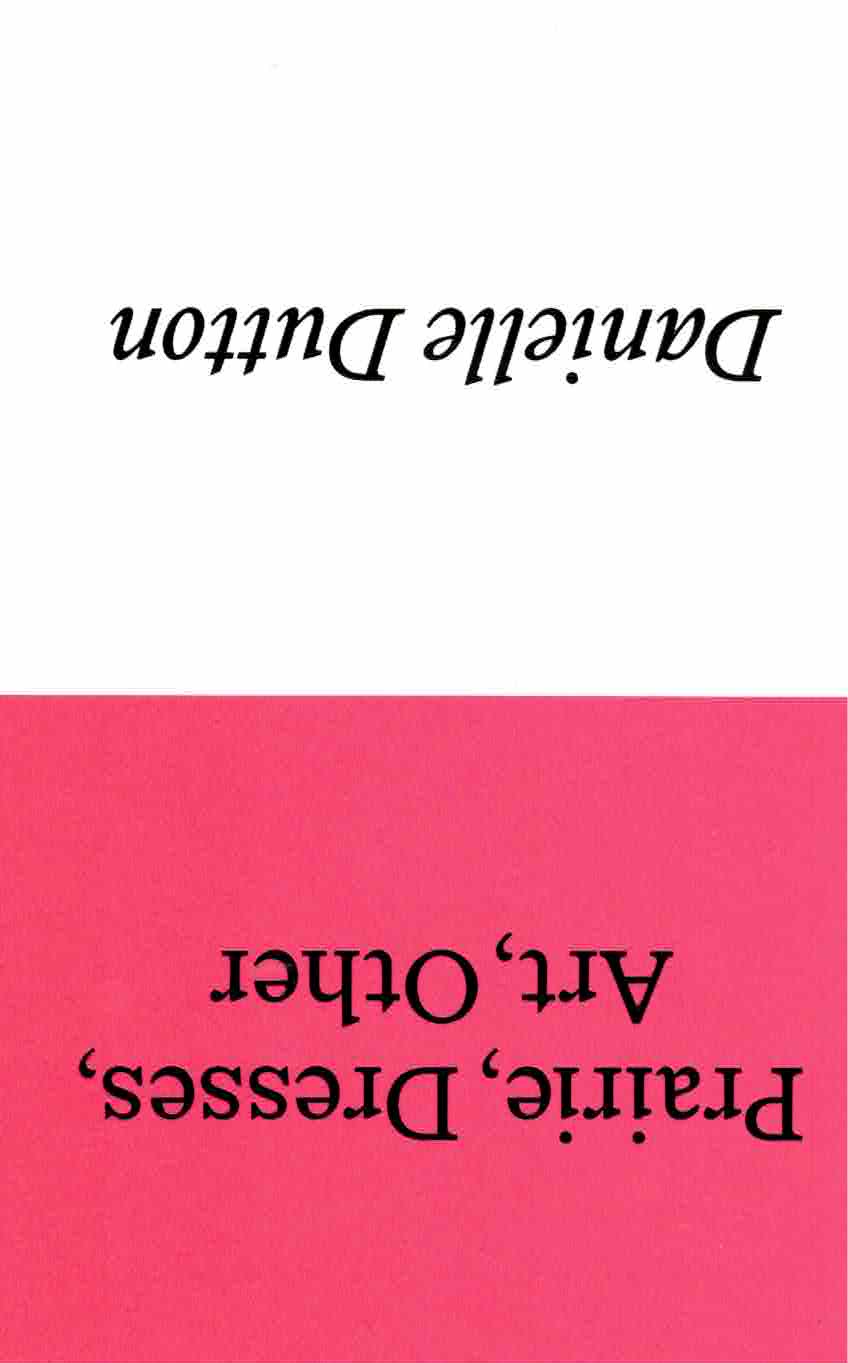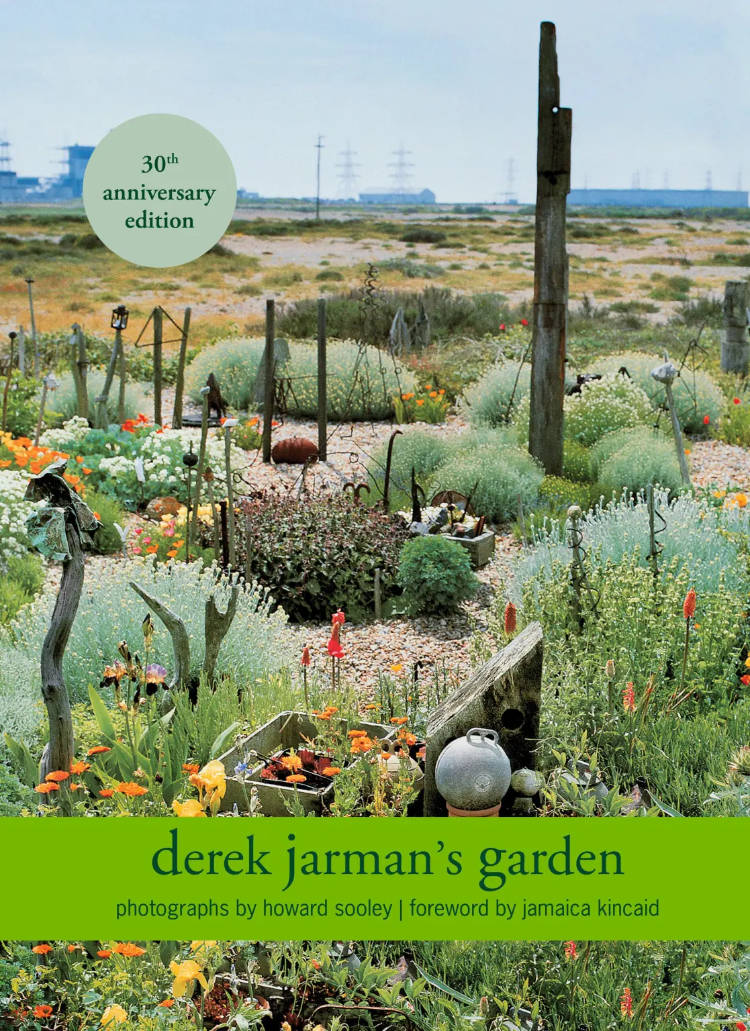
Through The Billboard Promised Land Without Ever Stopping
Through the Billboard Promised Land Without Ever Stopping is Derek Jarman’s only piece of narrative fiction. Written in 1971, it is a surreal, fabular, lyrical work – a literary fairytale acid-trip road movie hybrid – the energies and details of which influenced much of his later work across media. The story serves as a foundational text, laying out many of the themes, images and styling of Jarman’s work in painting, film and design whilst also being haunted by the then emerging ecological crisis in its juxtaposition of the beauty of nature with the reckless consumption of modernity.
This edition features facsimile images of the story’s handwritten drafts from Jarman’s archive, a link to an exclusive audio recording of Jarman himself reading the story in full, and is comprehensively informed by a vivid foreword from Philip Hoare, a deeply researched afterword by Jarman scholar Declan Wiffen, and a warm memoir by the artist Michael Ginsborg, a close friend of Jarman’s throughout the period of the story’s writing.







